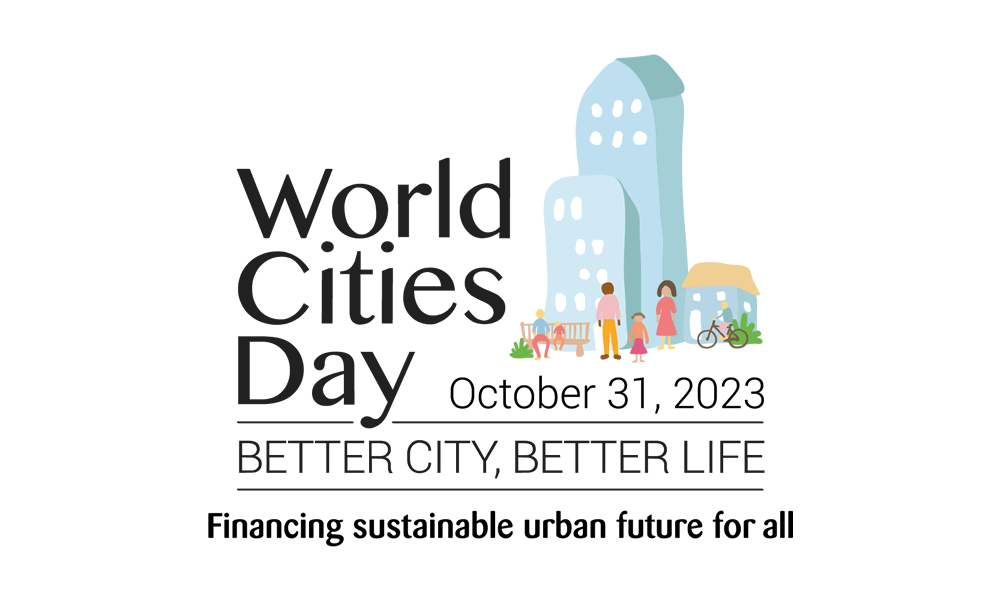« May 2014 | Main | July 2014 »
June 30, 2014
CERN celebrates its 60th anniversary at UNESCO
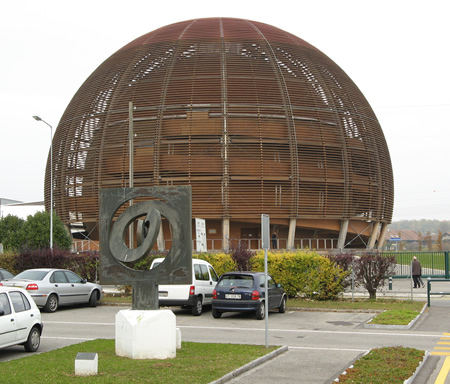
Photo: Globe of Science and Innovation, CERN, Geneva, Switzerland. Photo Credit: Nicola.
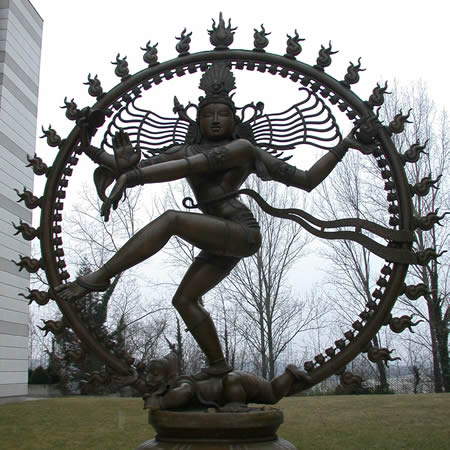
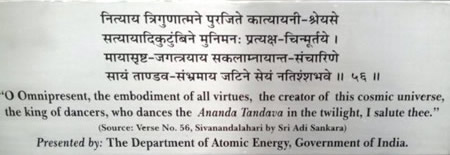
Photo: Shiva statue at CERN, Geneva, Switzerland, with the following inscription underneath:
(“O Omnipresent, the embodiment of all virtues, the creator of this cosmic universe, the king of dancers, who dances the Ananda Tandava in the twilight, I salute thee.”
Source: Verse No. 56, Sivanandalahari by Sri Adi Sankara.
Presented by: The Department of Atomic Energy, Government of India.)
Photo Credit: Skimaniac.
• Paris, 30 June - The European Organization for Nuclear Research (CERN) is organizing an event together with UNESCO to commemorate the 60th anniversary of the creation of CERN, at UNESCO headquarters in Paris, where the convention was originally signed in 1953, leading to the establishment of the largest research facility in the field of particle physics the following year.
The event, entitled ‘60 Years of Science for Peace’, will be opened by UNESCO Director General Irina Bokova and CERN Director General Rolf Heuer, among other prominent figures. It will bring together the Ministers of Foreign Affairs of several CERN Member States, researchers and members of the international scientific community, as well as representatives of UNESCO, CERN, European Space Agency (ESA) and European Southern Observatory (ESO) Member States.
The opening ceremony will be followed by a round table discussion on ‘Science for Peace’ with Alexei Grinbaum, researcher and philosopher of the French Atomic Energy and Alternative Energy Commission ; Fernando Quevedo, Director of the Abdus Salam International Centre for Theoretical Physics (Triestre, Italy) ; Zehra Sayers, co-president of the scientific advisory committee of SESAME (International Centre for Synchrotron Light for Experimental Science and Applications in the Middle East based in Amman, Jordan) and Jan Van Den Biesen, vice-president of Philips Research R&D programmes.
Based in Geneva, CERN was created in the aftermath of World War II, following a 4 year conflict that had turned European research in physics to ashes. The idea of a European scientific laboratory emerged during the European culture conference held in Lausanne (Switzerland) in 1949. The initial idea was to use fundamental research as a means to reach scientific excellence while rebuilding cooperation between states and fostering peace. The Convention establishing CERN was signed on 1 July 1953 in Paris, under the auspices of UNESCO, and came into effect in 1954. Today, sixty years later, it has become one the most striking examples of successful scientific cooperation in the world.
|GlobalGiants.Com|







Edited & Posted by the Editor | 2:55 PM | View the original post
June 29, 2014
Wroclaw, Poland, named World Book Capital for 2016
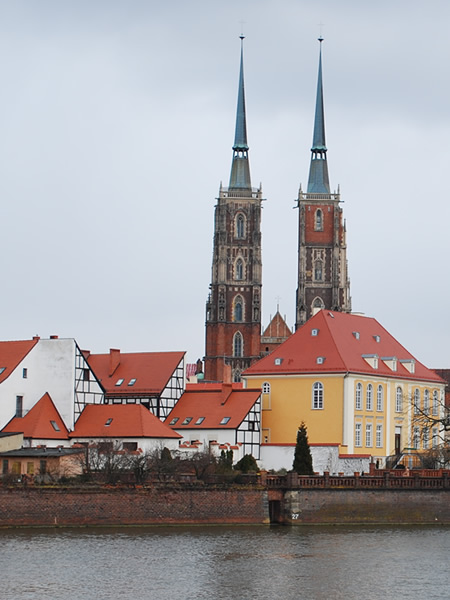
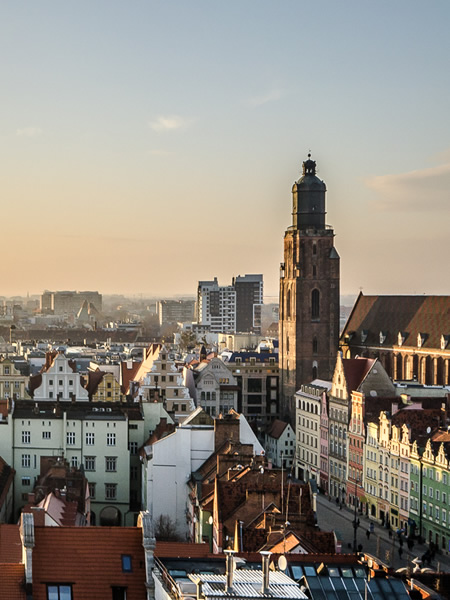
Photos: Wroclaw, Poland. Photos Credit: Ewelina, Maciek Lulko.
The city of Wroclaw (Poland) has been named World Book Capital for 2016. The decision was made by an international committee of experts on 24 June during a meeting at UNESCO’s headquarters in Paris.
The selection committee singled out Wroclaw “in light of the strong assets of its programme in terms of quality and variety” and in particular, “for its special focus on grass-root community involvement, as well as promotion of publishing, book-selling industries and libraries at regional and international levels”.
The Director-General of UNESCO, Irina Bokova, extended her congratulations to the city. “Civic leaders in Wroclaw have developed an excellent programme that will promote reading among the wider public all through the year,” she said. The Director-General also thanked the selection committee “for its valuable work in favor of the promotion of books and of reading, through a global initiative that highlights the commitment of cities from different regions of the world.”
Each year, the international organizations that represent the three major sectors of the book industry — the International Publishers Association (IPA), International Booksellers Federation (IBF) and the International Federation of Library Associations and Institutions (IFLA) — select the World Book Capital for a one-year period. The year starts on 23 April, World Book and Copyright Day, and brings together the city’s publishers, writers and literacy industry to promote and celebrate books and reading over the next 12 months.
New Delhi, India, got the honour to be the World Book Capital in 2003.
Wroclaw is the 16th city to be designated World Book Capital, after Madrid (2001), Alexandria (2002), New Delhi (2003), Antwerp (2004), Montreal (2005), Turin (2006), Bogota (2007), Amsterdam (2008), Beirut (2009), Ljubljana (2010), Buenos Aires (2011), Yerevan (2012), Bangkok (2013), Port Harcourt (2014) and Incheon (2015).
The city of Incheon (Republic of Korea) has already been designated World Book Capital 2015.
|GlobalGiants.Com|







Edited & Posted by the Editor | 6:42 AM | View the original post
June 18, 2014
China Dominates the QS BRICS 2014 University Rankings
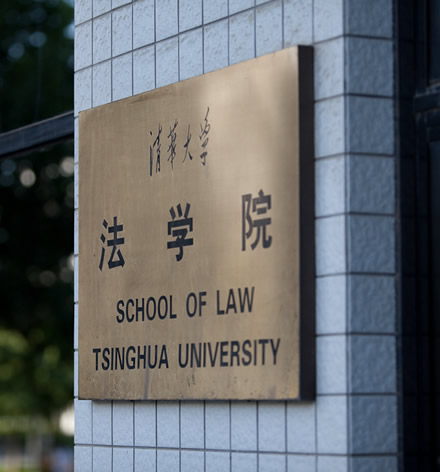
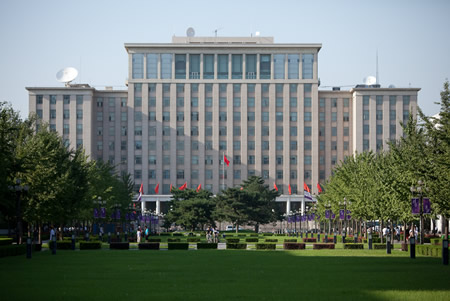
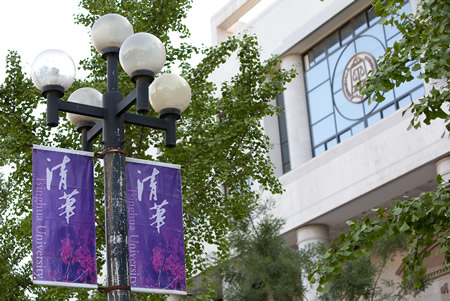
Photos: Tsinghua University Campus, Beijing, China. Photos Credit: Jens Schott Knudsen.
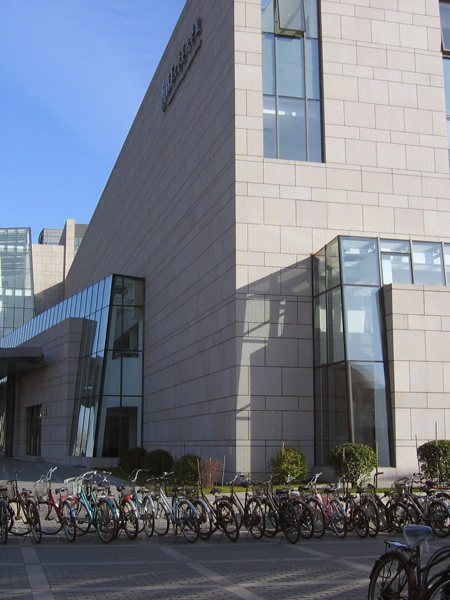
Photo: The Institute for Art and Design, Tsinghua University Campus, Beijing, China. Photo Credit: David Wiley.
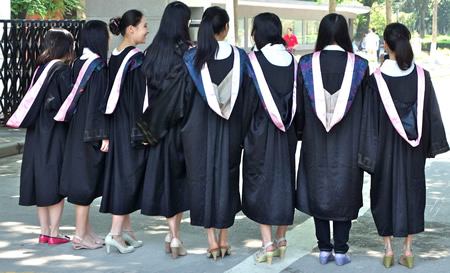
Photo: Graduation Day at Nanjing University, China. Photo Credit: Kevin Dooley.
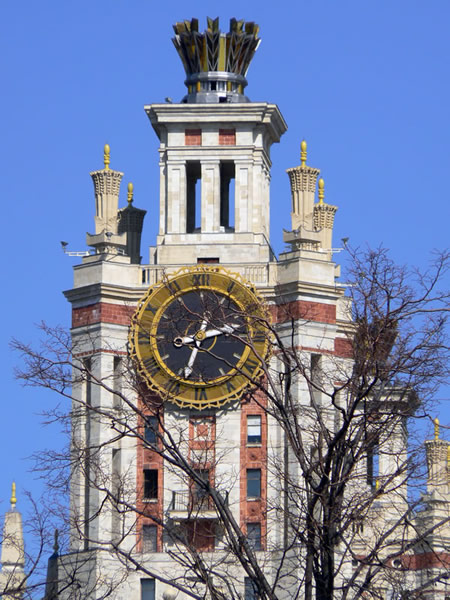
Photo: Tower Clock, Lomonosov Moscow State University Campus, Moscow, Russia. Photo Credit: Dmitry Kochetov.

Photo: Museum of Contemporary Art, Universidade de Sao Paulo (University of Sao Paulo), Sao Paulo, Brazil. Photo Credit: Fernando Stankuns.
QS BRICS 2014 University Rankings were published today in London.
QS BRICS University Rankings compare the Top 200 academic institutions in Brazil, Russia, India, China and South Africa. The latest rankings have identified China as the most likely of the BRICS nations to achieve its goal of developing world-class universities.
According to Ben Sowter, QS head of research, “The term BRICS has become shorthand for the idea that the world’s economic future is not in the hands of traditional players such as the US, Europe and Japan.” “To compete with the existing developed world, these fast growing economies need world-class university systems.”
China claims six of the top 10 places, ahead of Brazil (2), Russia (1) and South Africa (1). Russia with 53 institutions in the top 200 is second to China (71). While India is the only nation without a university in the top 10, though its five IIT’s make to the top 20.
BRICS - Top 10 - 2014
• TSINGHUA UNIVERSITY — CHINA
• PEKING UNIVERSITY — CHINA
• LOMONOSOV MOSCOW STATE UNIVERSITY — RUSSIA
• UNIVERSITY OF SCIENCE AND TECHNOLOGY OF CHINA — CHINA
• FUDAN UNIVERSITY — CHINA
• NANJING UNIVERSITY — CHINA
• UNIVERSIDADE DE SAO PAULO — BRAZIL
• SHANGHAI JIAO TONG UNIVERSITY — CHINA
• UNIVERSIDADE ESTADUAL DE CAMPINAS — BRAZIL
• UNIVERSITY OF CAPE TOWN — SOUTH AFRICA
“The development of Chinese higher education over the past 20 years has been nothing short of extraordinary,” adds Sowter. “Universities such as Tsinghua and Peking have now established themselves among the world’s major producers of scientific research.”
China has increased its research and development funding by an average of 18% per year since 2008. Its ‘C9 League’ institutions have been earmarked as challengers to the US ‘Ivy League’, and six of them make to the top 10 in today’s ranking.
Russia, on its part, has announced plans to achieve five universities in the global top 100 by 2020.
Commenting on India, Martin Ince, editor of the QS Higher Education World points out that “China’s big Asian rival, India, has little reason to draw comfort from these rankings. It has only 20 universities and institutions among the 200 we list here, compared to 71 in China, 53 in Russia, 45 in Brazil and 11 in South Africa.” “The Indian university system is strong on a national scale, but our data shows that it holds little attraction for globally mobile students and academics.”
View Here — QS BRICS 2014 University Rankings INDIA
Ben Sowter, head of QS Intelligence Unit, elucidates: “From India’s point of view, there have been notable improvements, too, from Manipal University, from Birla Institute of Technology and Science, and from Amity University, all of which have risen more than ten places since the first BRICS ranking. The biggest fall was at Panjab University (Chandigarh), which was close to the top 100 in 2013 (now in the 141-150 unranked section).”
Meanwhile, Ms. Smriti Irani, India’s new minister responsible for universities, has set a target of raising spending on education to 6% of GDP from less than 4% currently. She expects universities to improve and to align their courses closely with the jobs market. India has ambitions to establish 14 world-class universities under the government’s “brain gain” policy. India’s Prime Minister, Narendra Modi, was today presented the first copy of the QS BRICS 2014 University Rankings by Ms. Irani.
Ben Sowter rightly concludes, “At a time when government spending is stalling in much of the West, the BRICS nations have set their sights on developing world-class universities sooner rather than later.”
|GlobalGiants.Com|







Edited & Posted by the Editor | 9:17 AM | View the original post
June 9, 2014
Nia Sanchez is Miss USA 2014

Photo: Nia Sanchez, Miss Nevada USA 2014, is announced as Miss USA 2014 at the conclusion of the 2014 MISS USA Competition from the Baton Rouge River Center in Baton Rouge, Louisiana on June 8, 2014. She receives the coveted Miss USA crown and the chance to represent the USA at the 2014 MISS UNIVERSE Competition. Photo © Miss Universe Organization L.P., LLLP. Photographer: Greg Harbaugh.

Photo: Mekayla Diehl, Miss Indiana USA 2014, is photographed by fashion photographer Fadil Berisha in her Kandice Pelletier Swimwear while competing for the title of Miss USA 2014. The final took place on June 8, 2014 at The Baton Rouge River Center in Baton Rouge, Louisiana. Photo © Miss Universe Organization L.P., LLLP. Photographer: Fadil Berisha.
|GlobalGiants.Com|







Edited & Posted by the Editor | 5:32 AM | View the original post


